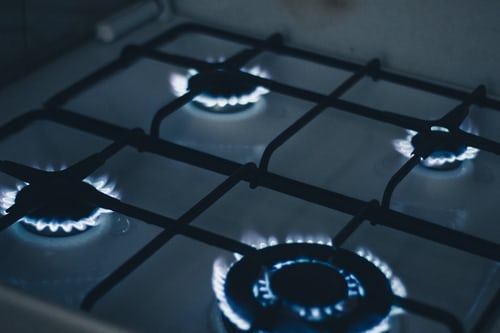¿qué estás buscando?

FNE has launched a market study into the gas industry

The Fiscalía Nacional Económica (“FNE”) has launched their sixth market study which will comprehensively analyze the gas industry in Chile.
Currently, the share of national energy consumption for gas is 15% and it represents up to 19% of the household total spending on basic services. In addition, natural gas can provide significant contributions to decarbonizing the electric sector and in the future it’s a possibility to reuse existing gas pipelines and other infrastructure for green hydrogen transportation.
The FNE will examine all stages of the supply chain in both natural gas (“NG”) and liquefied petroleum gas (“LPG”) markets. This investigation will be advised by the economists Juan-Pablo Montero, professor at the Pontificia Universidad Católica de Chile, and Eduardo Saavedra, professor at the Universidad Alberto Hurtado.
“The gas market is important to the national economy, to the household spending, and has environmental advantages. The main objective of this study is to detect market failures in order to improve competition”, said the National Economic Prosecutor, Ricardo Riesco.
In the preliminary investigation, the FNE has raised concerns about how this market is working and hypothesized that: “there are certain aspects in the gas market that are not working well, this could be triggering that commercial conditions to which wholesale and retail consumers have in the country are not ideal”.
One of the FNE’s reasons for conducting this study is the need to review the horizontal shareholding relations and its level of concentration, since there is public information showing that the same economic groups participate in both NG and LGP markets. This kind of ownership structure may have negative outcomes in consumer welfare and also may discourage infrastructure investment.
Secondly, as gas is a homogenous product, a low price dispersion is expected. However, the initial investigation shows unexpected price dispersions even if the same type of gas and method of delivery is used.
Thirdly, the FNE observes that there are numerous vertical relationships in the ownership structure. For instance, there are certain companies that in addition of having a stake in the import part of the business, also own part of the infrastructure for storage, transportation and final distribution to homes, businesses, and industries. Whether vertical integration is desirable or not depends on the characteristics of each market. That’s why it is relevant to analyze these relationships and conclude if they are efficient or if, on the contrary, they can lead to the creation of market entry barriers for new companies.
Finally, even though gas is considered a utility service in Chile, there are important differences between the regulation of this industry and the other essential services, such as water, electricity and telecommunications. These differences can be observed on the government’s efforts to expand network coverage and in the tariff regime throughout the supply chain. These regulatory asymmetries could explain the percentage of households connected to the network’s utilities. Hence, only 21.4% of the population get gas supply through pipelines, while 93.7% is connected to the water supply system and a 99.5% to the electric grid. This situation must be analyzed to establish whether these differences can be justified as a result of an efficient and competitive market.
This is the sixth market study the FNE has carried out using powers under article 39 literal p) of Decree Law No. 211, after the Annuities, Notaries, School Textbooks, Pharmaceuticals and Public Procurement reports. The head of the FNE pointed out that “if the regulatory reforms promoted by the FNE in their five market studies were implemented, they might save at least US$521 million to US$1.535 million in private or public spending”.
The FNE will release the final report on the gas market on October 2021 after answering the comments and observations made by interested parties to the interim report which will be available between August and September of the same year.
Interested parties who want to collaborate, may send written presentations or request meetings with the team in charge. Contributions of any kind should be emailed to estudiosdemercado@fne.gob.cl











